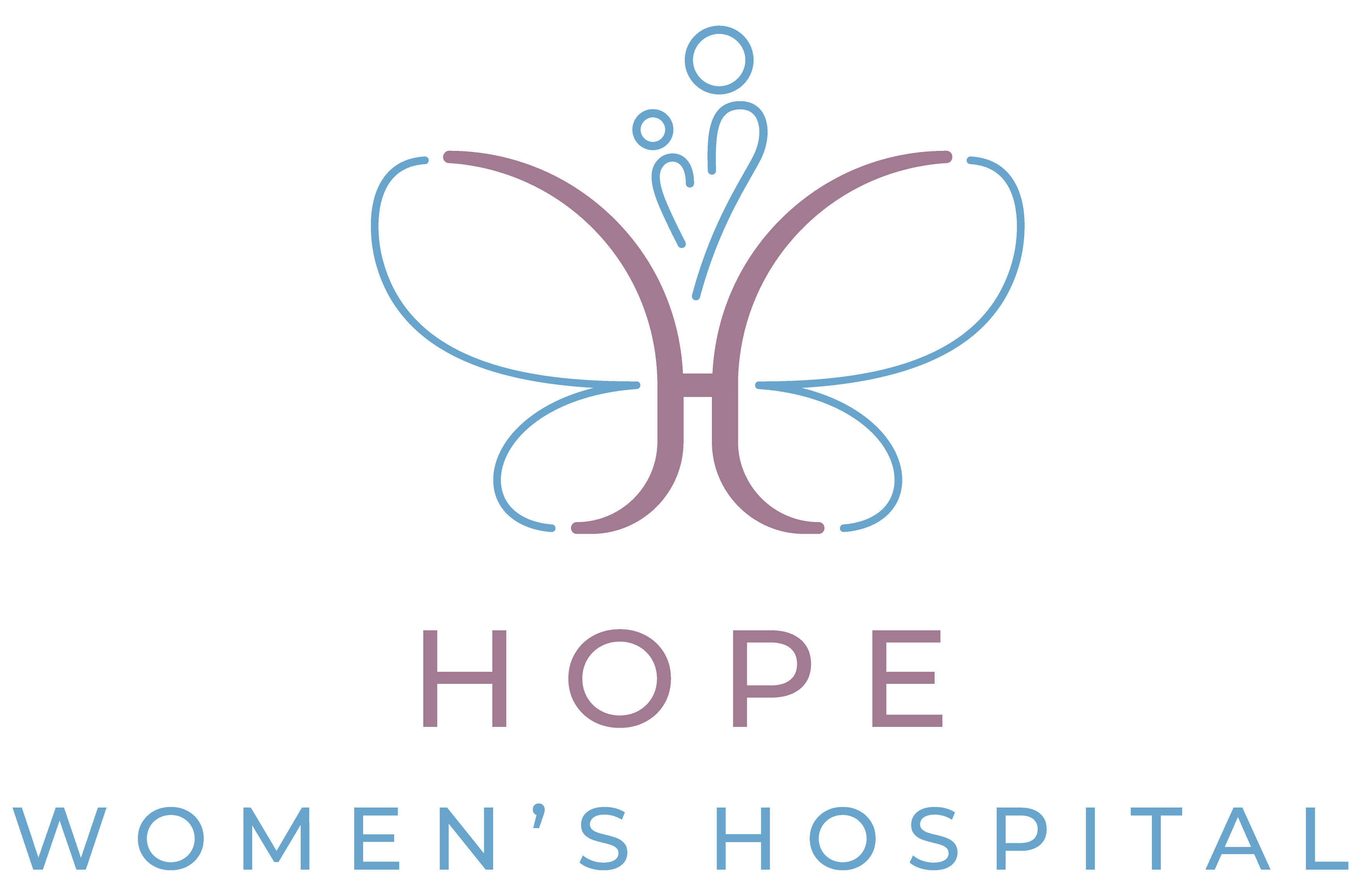Bone Health
- 𝗛𝗼𝗽𝗲 𝗪𝗼𝗺𝗲𝗻'𝘀 𝗛𝗼𝘀𝗽𝗶𝘁𝗮𝗹
- Bone Health

MON-SAT 8:00-9:00
+9199099 01123

Bone Health at Menopause: Importance and Strategies
Menopause is a significant stage in a woman’s life when hormonal changes, particularly the decline in estrogen levels, can impact bone health. At HOPE Women’s Hospital, we emphasize the importance of maintaining strong and healthy bones during and after menopause through proactive strategies and personalized care.Strategies for Maintaining Bone Health:
- Balanced Nutrition: A diet rich in calcium and vitamin D is essential for bone health. Include dairy products, leafy greens, fortified foods, and supplements as needed to meet daily calcium and vitamin D requirements.
- Regular Exercise: Weight-bearing exercises, strength training, and resistance exercises can help strengthen bones, improve muscle mass, and enhance overall bone health. Aim for at least 30 minutes of physical activity most days of the week.
- Healthy Lifestyle Habits: Avoid smoking and limit alcohol consumption, as these habits can negatively impact bone health. Maintain a healthy body weight and avoid crash diets or extreme weight loss methods.
- Bone Density Screening: Women in menopause should undergo bone density testing (DEXA scan) to assess bone strength and density. This screening helps identify osteoporosis or osteopenia early, allowing for timely intervention and treatment.
- Supplements and Medications: Depending on individual risk factors and bone health status, healthcare providers may recommend calcium supplements, vitamin D supplements, and prescription medications (such as bisphosphonates) to improve bone density and reduce fracture risk.
Understanding Bone Health at Menopause:
- Bone Density Changes:
Estrogen plays a crucial role in maintaining bone density and strength. As estrogen levels decline during menopause, bone loss (osteoporosis) becomes more common, increasing the risk of fractures and bone-related complications. - Risk Factors:
Several factors can contribute to bone health risks during menopause, including age, genetics, previous bone fractures, low body weight, smoking, excessive alcohol consumption, and inadequate calcium and vitamin D intake. - Common Bone Health Concerns:
Women in menopause may experience symptoms and conditions related to bone health, such as osteoporosis, bone fractures (especially in the spine, hips, and wrists), decreased bone density (osteopenia), and joint pain.
Personalized Bone Health Care at HOPE Women’s Hospital:
- Our healthcare providers at HOPE Women’s Hospital offer personalized bone health assessments, screenings, and treatment plans for women during and after menopause. We emphasize proactive strategies, patient education, and ongoing support to promote optimal bone health and well-being.
Benefits of Prenatal Diagnosis
Early Detection: Prenatal diagnosis allows for early detection of fetal abnormalities, genetic conditions, or structural anomalies, enabling timely medical interventions and treatment planning.
Risk Assessment: Diagnostic tests provide accurate risk assessment for chromosomal disorders, genetic syndromes, congenital anomalies, and other fetal health concerns.
Treatment Planning: Results from prenatal diagnosis help healthcare providers and families develop personalized treatment plans, medical management strategies, and interventions for the baby's health.
Emotional Preparation: Expectant parents can emotionally prepare for potential challenges, medical needs, and specialized care for the baby based on diagnostic findings.
Reproductive Decision-Making: Prenatal diagnosis supports informed reproductive decision-making, including options for pregnancy continuation, termination, or adoption based on individual circumstances and values.
Family Support: Prenatal diagnosis provides opportunities for family counseling, support services, and connections with healthcare professionals and specialists for comprehensive care.
Our Approach to Prenatal Diagnosis
At HOPE Women's Hospital, our approach to prenatal diagnosis includes:
Comprehensive Evaluation: Thorough evaluation of maternal health, medical history, family history, and fetal development to determine the need for prenatal diagnostic tests.
Individualized Care: Personalized care plans based on diagnostic results, risk assessment, maternal preferences, and family values.
Multidisciplinary Team: Collaboration with obstetricians, perinatologists, genetic counsellors, radiologists, neonatologists, and other specialists to provide comprehensive prenatal care and support.
Patient Education: In-depth education, counselling, and support for expectant parents to understand diagnostic tests, interpret results, and make informed decisions about pregnancy management.
Emotional Support: Compassionate, empathetic care to address emotional needs, concerns, and coping strategies related to prenatal diagnosis, pregnancy outcomes, and family planning.
Follow-up Care: Ongoing monitoring, follow-up appointments, and coordination of care throughout pregnancy, delivery, and postnatal period for optimal maternal and fetal outcomes.

GET APPOINTMENT
Schedule Your Consultation
APPOINTMENT
If you have concerns about bone health during menopause or wish to learn more about proactive strategies for maintaining strong bones, schedule a consultation with our experienced healthcare team at HOPE Women's Hospital. We are dedicated to providing comprehensive bone health care, education, and support to help you thrive during menopause and beyond.
Contact us today to schedule your bone health assessment and take proactive steps toward optimal bone health and wellness.

